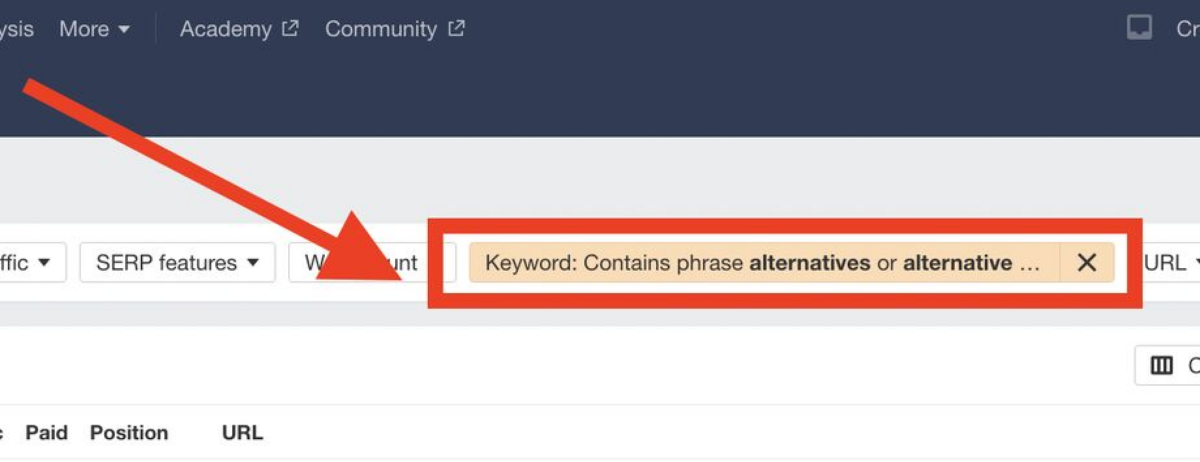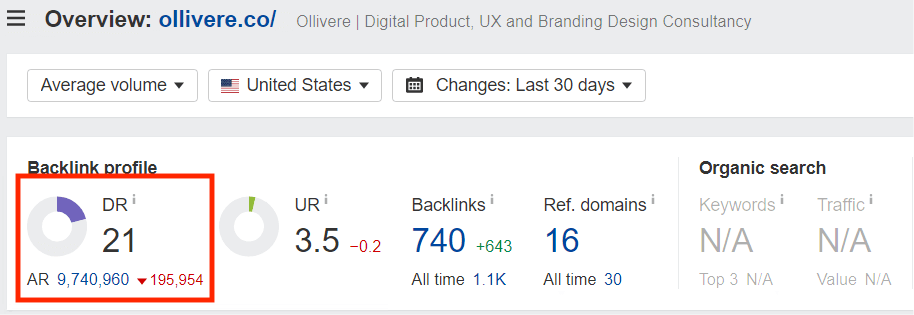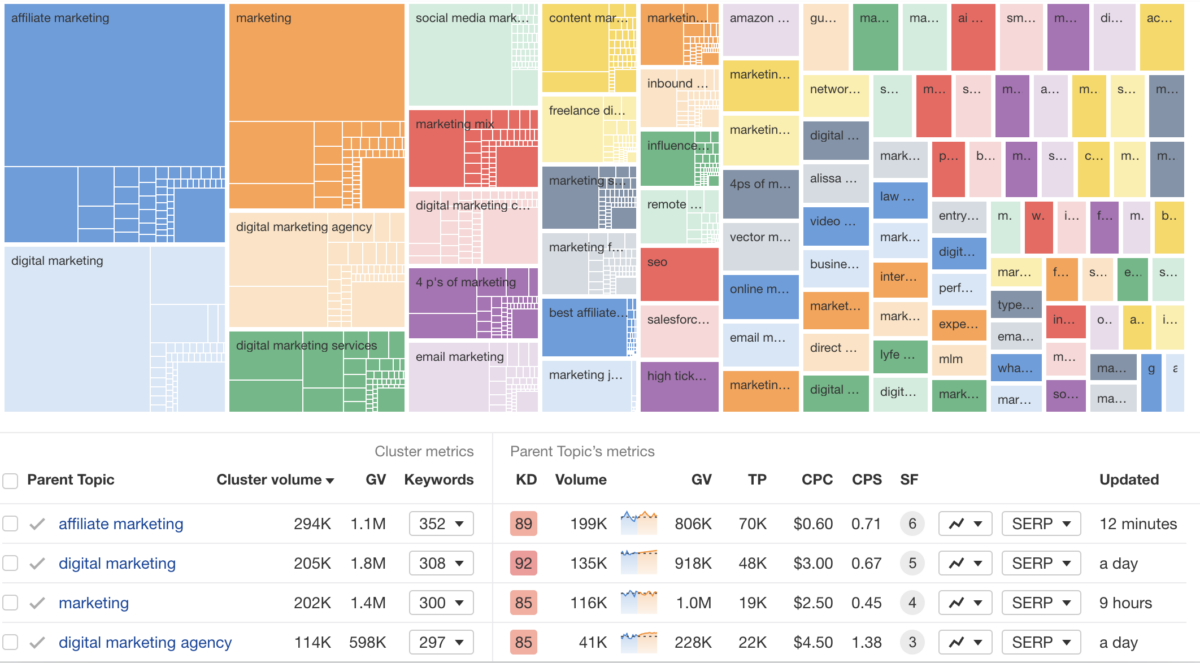They may be smart, but you’re smarter!
Welcome to the first of our “ethical swipes” series, where we give you practical ways to leverage the work your best competitors have already done.
Get ready to add some rocket fuel to your marketing efforts…
How to rank for all the high-converting keywords your competitors missed
Search engines are competitive, and financial brands face more competition for keywords than ever.
To win the SEO game, you must know how to unearth high-converting keywords your competitors have missed to give you an upper hand.
If you’ve been wondering how to start scoring some first-page rankings for your financial brand, or set up a fledging website for SEO success, this is for you.
Step up your SEO game
Our step-by-step approach to identifying valuable keywords, and leveraging them in your content marketing strategy will help you drive targeted traffic and increase conversions much faster than trial and error.
There are 7 simple steps to the process, so let’s dive in.
STEP 1: Identify your competitors
Knowing your main competitors sets the foundation for effective keyword analysis so begin with listing the major competitors in your industry. These are the websites that rank well, or that are competing for similar keywords as your brand.
STEP 2: Grab your keyword research tool
Input your competitors’ URLs into keyword research tools like Ahrefs, SEMrush, or Moz to gather keyword data. Different tools can provide varied insights, helping you compile a comprehensive list of potential keywords.
STEP 3: Review competitor keywords
The output from the research tools reveal keywords your competitors are targeting and how well they rank for each one. Check the keyword report carefully and note the keywords they’re ranking for.
STEP 4: Filter for poorly ranked keywords
Keywords with low rankings are likely overlooked or under-optimized by your competitors, presenting an opportunity for you.  You will want to focus on keywords where competitors rank in positions 25-100.
You will want to focus on keywords where competitors rank in positions 25-100.
STEP 5: Filter for BoFu modifiers
Bottom of the Funnel (BoFu) keywords indicate strong purchase intent, making them high-converting opportunities.

Filter the results to find keywords that include bottom-of-funnel (BoFu) modifiers, like:
• alternatives
• cost/price
• solutions
• competitor
• case study
• comparison
STEP 6: Check SERP Competition
Once you’ve picked your most relevant keywords, filter for keywords with a low (below 40) Domain Rating (DR) in search engine results pages (SERPs). Keywords with lower competition are easier to rank for, providing quicker wins.
HIGH COMPETITION 👎

LOW COMPETITION 👍

STEP 7: Create Your Final Keyword List
Compile your selected keywords into a new list for future content planning. A well-organized list helps streamline your content creation process and ensures you cover all identified opportunities.
Turn keyword research into content strategy
Always analyze competitor content to understand why pages might rank poorly.
This can provide insights into how to create or improve your content to outrank them, but also keep you from making the same mistakes in the future.
Perform a content gap analysis to identify keywords your competitors rank for, which you currently do not. This can highlight more opportunities to capture new traffic.
Matching search intent helps you create content that meets user needs, improving engagement and conversions. Ensure keywords on your output list align with the search intent of your target audiences and personas.
Regularly monitor your SEO to ensure your keyword list and content strategy remains up to date. Rankings and trends change regularly, and it is much easier to maintain SEO than it is to overhaul.
Long-tail keywords often have less competition and attract highly specific searchers, making them much easier to own in the SERPs.
Keyword clustering helps you cover a topic thoroughly, improving your chances of ranking for multiple related keywords.

Group similar keywords into clusters to create comprehensive content. Programs like Ahrefs Keyword Explorer can help.
Local SEO keywords help attract customers from your target region, boosting local engagement. We strongly advise you to consider these keywords whenever targeting specific geographic areas.
SERP success simplified
Following this method, you can uncover a wealth of high-converting keywords your competitors haven’t leveraged properly or completely missed altogether.
The more you dig, the more granular opportunities you can find, leading to improved search engine rankings + increased traffic + higher conversions = better ROI.
Start applying these strategies today to gain a competitive edge in your SEO efforts.